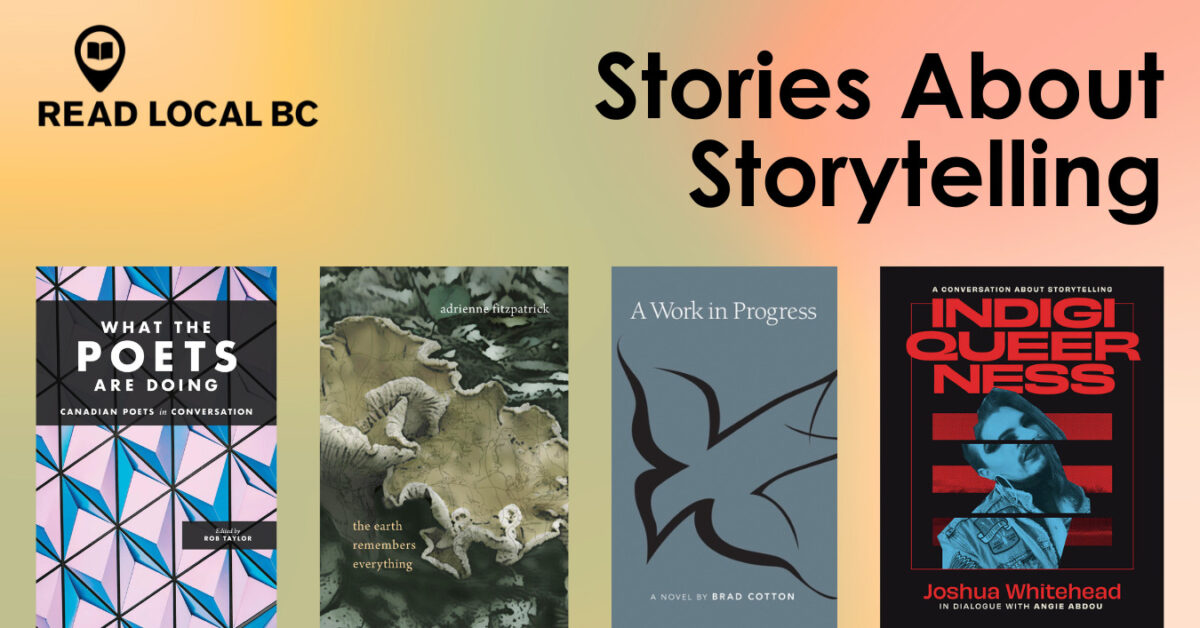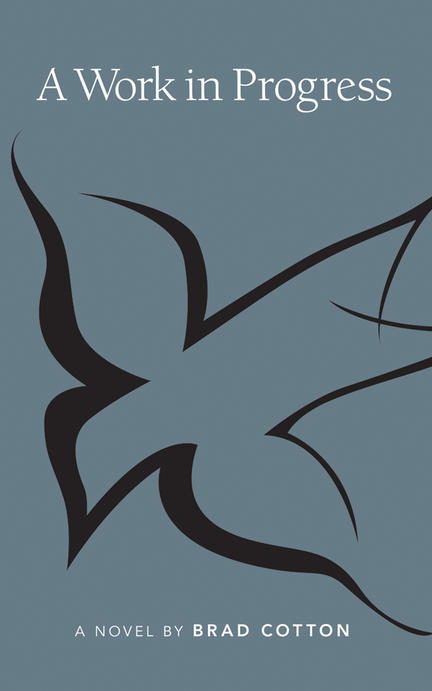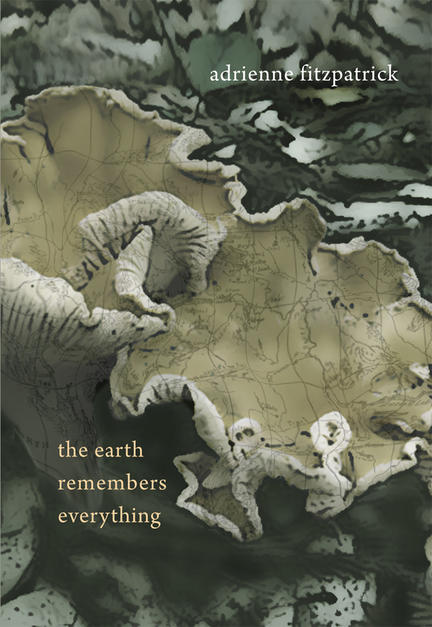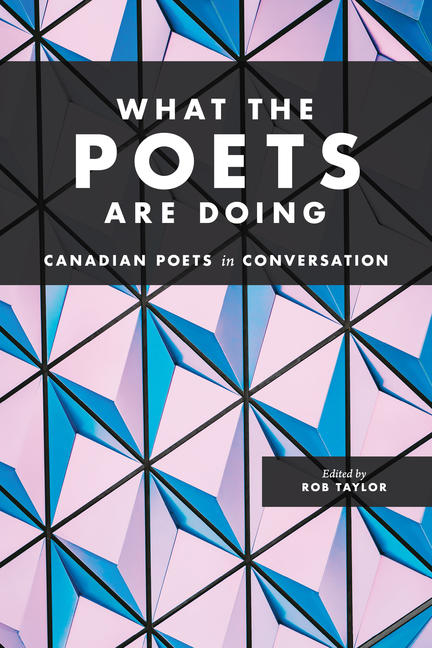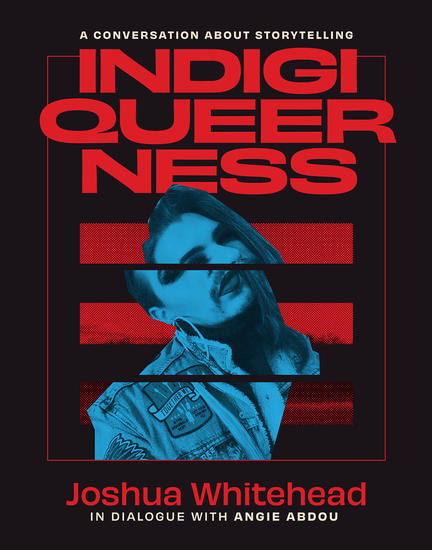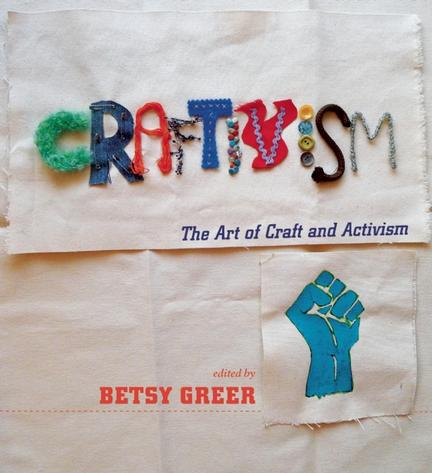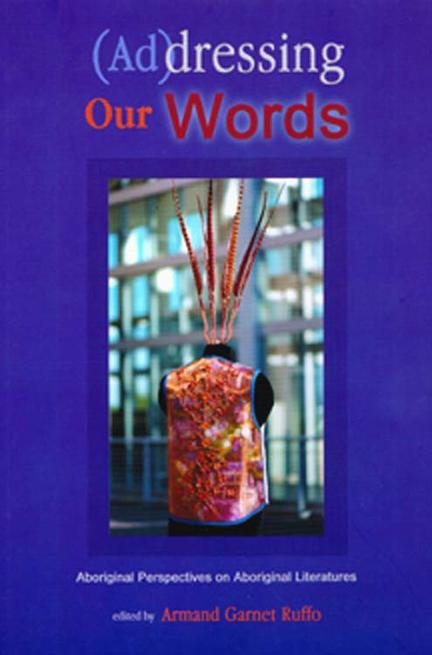Weaving the art of human expression and experience is no straightforward task. Storytelling comes in a truly infinite number of shapes, and it is our privilege as human beings to be able to stand on either end of the stories we tell each other.
These five reads cover the different relationships we form with stories: writer, reader, critic, activist — and all the shades in between.
FICTION
A Work In Progress by Brad Cotton (Now Or Never Publishing)
“My name is Danny Bayle,” begins our introduction to the unforgettable main character of Brad Cotton’s debut novel. “I’m twenty-eight years old, and it’s been four years since I completed my last novel.”
Struck with grief after losing both his grandfather and his true love, budding author Danny is unable to write a single word. He’s frustrated at his own inability to even describe his current work in progress. It’s about a boy, he would say, or a man, or a boy-man. It’s about work, love, friendship, family, an empty apartment, an annoying neighbour and a teenage runaway. The novel was a personal story and smattered with Danny’s own experiences, though still unrecognizable to anyone who knew him in real life. He wasn’t the main character with a different name, nor was he the witty best friend. In a sense, the story Danny wants to tell floats incomplete in the ether, incomprehensible and intangible even to himself.
At the urging of a friend, however, he ventures out into the world in an attempt to jumpstart a new life. In the process, he befriends an author, a musician, an artist, and an elderly retired nurse — a colourful assortment of characters that begin to shape not only the story of Danny’s life but also the words he puts down on the page.
A Work In Progress is an ode to the stories we tell ourselves and each other, fictional or otherwise, and the love that bleeds through when we embrace the vulnerability that storytelling asks of us.
Out Now!
The Earth Remembers Everything by Adrienne Fitzpatrick (Caitlin Press)
Both intimate and innovative, this debut book introduces us to a different kind of narrator: the Earth itself, standing as witness to human history in its never-ending cycles. The Earth Remembers Everything traces the author’s journeys to sites that still hold the sadness and secrets of the past: the Cui Chi Tunnels in Vietnam, Tiananmen Square in China, Hiroshima in Japan, and Auschwitz-Birkenau in Poland; First Nations sites such as Mosquito Lake on Moresby Island, Haida Gwaii and Chinlac, and a deserted Carrier village at the confluence of the Stuart and Nechako Rivers, where the Chilcotin massacred the Carrier in 1745.
With Place as the storyteller driving the book’s force, readers are taken along to bear witness to the same memories stored in the earth — where “violent eruptions occurred throughout the history of humanity have created deep cracks in the emotional bonds between the people who were there, as well as forever transforming the spirit and essence of the land where the violence occurred.”
In this masterful blend of history, travel and poetic narrative, Adrienne Fitzpatrick struggles with how to speak the unspeakable, and questions what it is that we find so compelling about the places we are drawn to. The answer, she finds, lies in the memories that are stored in the earth.
Out Now!
IN CONVERSATION
What the Poets Are Doing by Rob Taylor (Nightwood Editions)
Twenty years ago, the collection Where the Words Come From: Canadian Poets in Conversation invited a younger generation of poets to conduct interviews with a legendary lineup of Canadian literary figures: Margaret Atwood and Michael Ondaatje among them, alongside many other luminaries.
What the Poets Are Doing approaches the same format from a different angle, bringing together two of these younger generations of poets to discuss, peer-to-peer, the ins and outs of Canadian poetry in the new millennium. What has changed? What has endured? How does this bode for what awaits the next wave of poets? Amidst both political empowerment and scandal, the tides of social media culture, and the ever-shifting futures waiting just beyond the horizon, how do you reckon with not only who you are as a poet but also the mark you want your poetry to leave behind?
From Dionne Brand to Phoebe Wang, Elizabeth Bachinsky to Raoul Fernandes, katherena vermette to Souvankham Thammavongsa, What the Poets Are Doing reveals to us the gifted minds of a generation of poets and invites us to ask in turn: Should we look to our poets as our most articulate analysts and critics of these times?
Out Now!
Indigiqueerness: A Conversation about Storytelling by Joshua Whitehead, with Angie Abdou (UBC Press)
An Oji-Cree/nehiyaw, Two-Spirit/Indigiqueer member of Peguis First Nation (Treaty 1), Joshua Whitehead is critically acclaimed across a prolific output of fiction and poetry. Indigiqueer, however, is as much a foray into memoir as it is a riveting dialogue and a collage of memories.
Evolving from a conversation between Joshua Whitehead and fellow author Angie Abdou, it begins with a tour through Joshua’s childhood via a tapestry of his younger self’s poetry and prose. Unfolding his life as a library, he contemplates the role of theory, Indigenous language, queerness, and fantastical worlds in all his artistic pursuits.
“Everything I’ve crafted and made has been a whirlwind of community and folks and friends and lovers and family,” he says. “A lot of my material comes from listening fiercely to those around me and witnessing that which is discarded or not seen.”
Imbued with Whitehead’s energy and grounded in his thoughtful rapport with Angie Abdou, Indigiqueer celebrates the power of storytelling by championing writers and creators who defy expectations and transcend genres.
Out Now!
ESSAYS
Craftivism: The Art and Craft of Activism, edited by Betsy Greer (Arsenal Pulp Press)
The craft of storytelling encompasses a multitude of forms, but “craftivism” hones in on the beautiful result we get when art and social justice intersect. Prolific writer and researcher Betsy Greer believes that creativity and positive activism can save not only the soul, but also the world, and in Craftivism: The Art and Craft of Activism, she collects essays, interviews, and art from craftivists pursuing change all over the world.
Through examples that range from community embroidery projects, stitching in prisons, revolutionary ceramics, AIDS activism, yarn bombing, and crafts that facilitate personal growth, Craftivism provides imaginative examples of how crafters can be creative and altruistic at the same time. A wonderful sense of optimism and possibility pervades the book: the inspiring idea that any passion you are willing to devote to your art and craft can make the world a better place.
“Greer’s book documents and celebrates the revolutionary potential of craft as a vessel for change,” writes Needle and Spindle. “Craftivism is an incredibly engaging conversation with the broadest range of folks using craft as political activism. […] It expands the reader’s expectations of what is possible whilst at the same time demonstrating the power of the smallest action.”
Out Now!
(Ad)dressing Our Words: Aboriginal Perspectives on Aboriginal Literature, edited by Armand Garnet Ruffo & Greg Young-Ing (Theytus Books)
In this foundational book for Indigenous literary analysis, poet and scholar Armand Garnet Ruffo and writer Greg Young-Ing examine a deep expanse of literature by Indigenous authors through a wide variety of collected critical essays. From challenging harmful tropes to making a case for the inherent political nature of Indigenous erotica, (Ad)dressing Our Words makes space for the voices of Indigenous scholars and writers working in the ever expanding field of Indigenous Literature. Their contributions offer an “insightful understanding of the significance of contemporary literature within Aboriginal cultural paradigms” — all while honouring the foundation found in the oral tradition of Indigenous storytelling.
“We need to see images of ourselves as healthy, whole people,” one section argues. “We need to create a healthy legacy for our peoples.”
Out Now!

